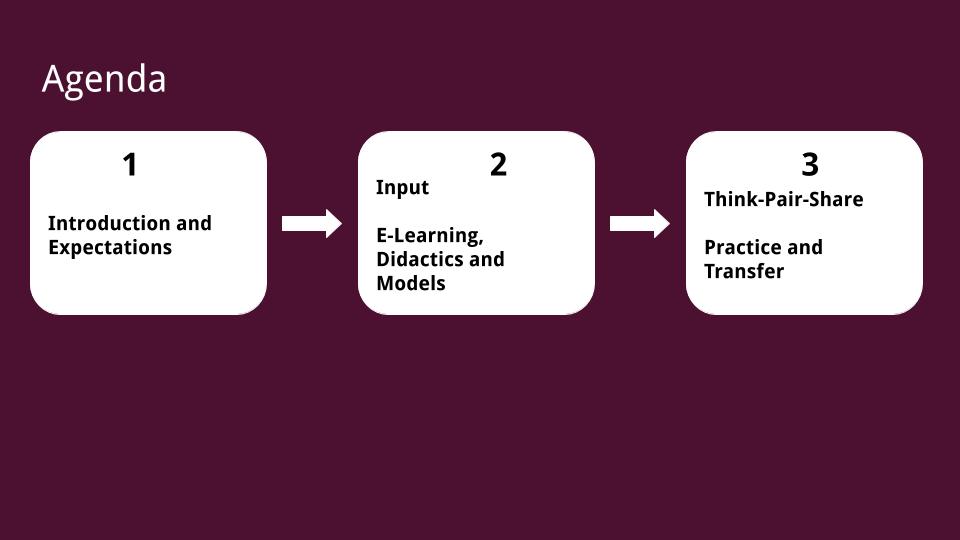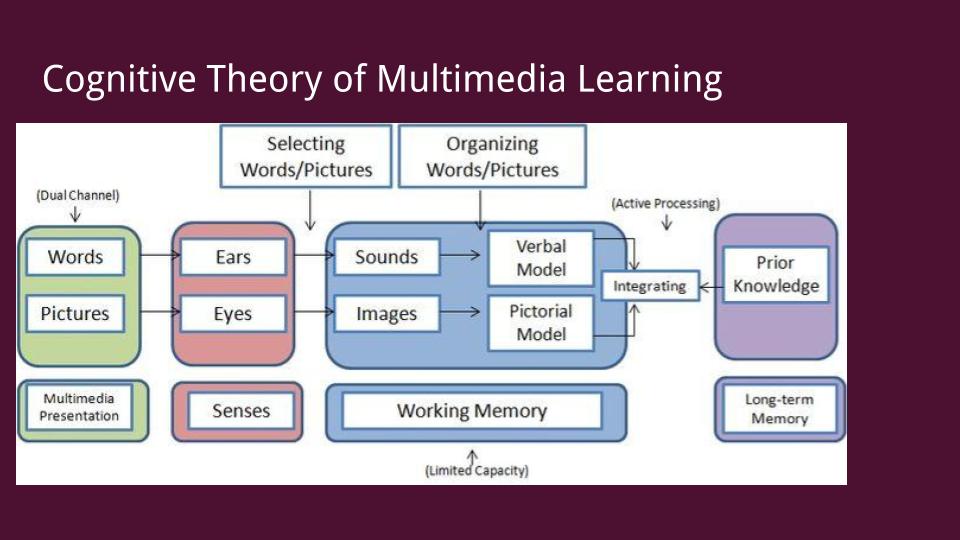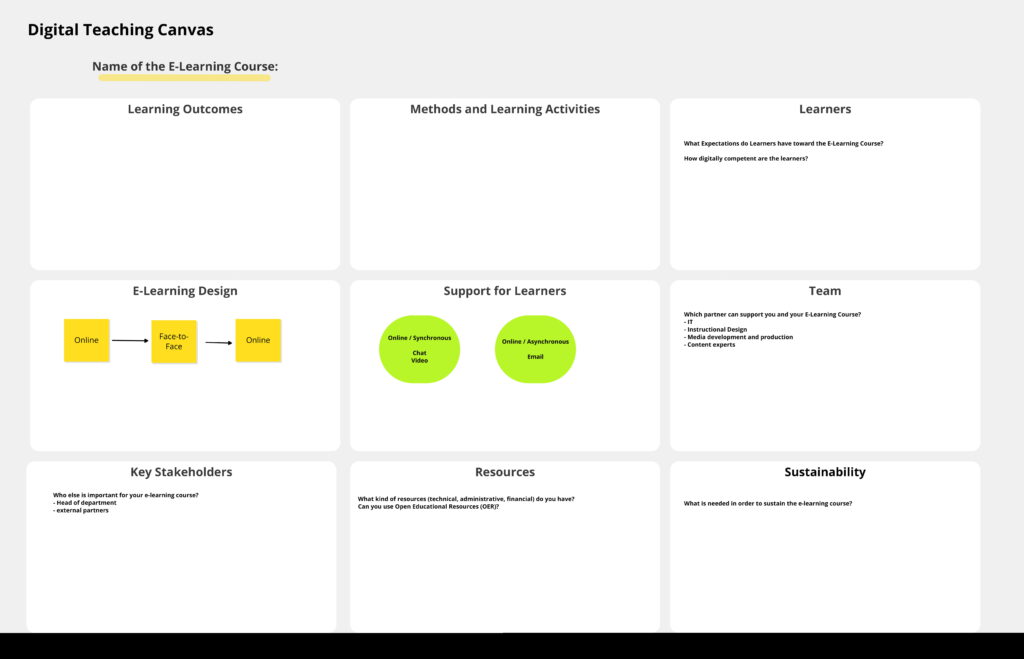This is a description and reflection of my planning for the workshop I am running on Monday for the SEEIEU Cluster. I am expecting around 58 participants from the Higher Ed sector. Their interest is in e-teaching and e-learning from a practical perspective. The goal is then to provide the participants with a basic introduction of e-learning, theories of learning, instructional design and practical approaches and tools.
The learning outcomes for the workshop are around the following lines:
- By the end of the workshop, learners will demonstrate the ability to draft a basic e-learning concept within their individual teaching context.
- By the end of the workshop, learners will be able to identify a practical e-learning solution within their individual teaching context.
To introduce myself I have produced a litte audio / podcast.
In the live setting, I am presenting the agenda of the workshop and say something about the learning goals. I will also mention this blog post as description to follow-up and to provide an orientation for planning an e-learning concept of their own.

The agenda entails three phases which starts with getting to know the participants and their expectations for the workshop. Given the expected group size of over 50 I decide to use a polling tool which allows for some kind of interactivity. We will also use the chat for an introduction of the participants (name, location, profession).
E-Learning Basics
E-Learning is typically introduced as digital technologies that are used to improve teaching and learning. With simulations, animations, visualizations etc and the possibility to access a huge library of information on the Internet, technology seems to be inherently beneficial to learning. The more technologies such as Information and Communication Technologies (ICT) or Social Media can offer, the better it is for teaching and learning. With the advancements of Artificial Intelligence (AI), the potentials for teaching and learning are even more increasing.
It is important to stress the importance of a sound understanding of learning. There are some grand theories of learning which have been used as a foundation for e-learning. The first major learning theory is Behaviourism which focusses on the effects /outcomes of learning whereas the process of learning is something regarded as passive. Immediate feedback is important to reinforce positive outcomes (learning results) and to punish negative behaviour. In e-learning, Behaviourism has been applied in the form of Programmed Instruction and Teaching Machines. Other learning theories such as cognitivism and constructivism have emerged in the last decades and replaced Behaviourism as the leading paradigm. However, the behaviourist influence exists to this day. In the popular Cognitive Theory of Multimedia Learning, theoretical insight into the human brain to process different kinds of information is used to derive design principles. It is intended to avoid cognitive overload which can occur when too much different types of media are used in e-learning. The basic model SOI describes the different processes of selecting (via ears and eyes), organizing (different media are put together into a coherent mental model), and integrating (knowledge from long-term memory is used).

In this short video I provide some remarks on theories of learning. So, we do not have to cover this in-depth during the workshop.
The common assumptions about the efficiency of e-learning held by educators and policy makers are only one side of the coin. On the other side, there are the understandings of technology of learners and teachers which are highly diverse. To get an insight into the understanding and meanings of the participants, we will work on a concept board. This allows for a clustering of common topics and for a prioritization for the workshop.
We will then continue with some introduction to the design of e-learning and e-teaching. For this, I refer to The Manifesto for Teaching Online published by the University of Edinburgh.
„There are many ways to get it right online“
The Manifesto for Teaching Online
This quotation is helpful to put forward the attitude that e-learning is a creative process for which there is no master plan. Rather, it is a craft for which according to the European Framework for the Digital Competence of Educators: (DigiCompEdu) the following skills are important: Planning, designing and implementing the use of digital technologies throughout the different stages of the learning process. Yet, it is also stated that a shift of focus is warranted from teacher-led to leaner-centred processes. I do not fully agree with that because there is a potential danger of undermining the role of the teacher both as a subject matter expert and as a pedagogic architect. Gerd Biesta has made that argument of a learnification of education which is about the neglect of a deeper discussion about the purpose of learning. Back to topic: The DigiCompEdu Framework states that educators need to become digitally competent and should be able to design new ways which are supported by digital technologies and provide guidance and support to learners with a focus on collaborative learning activities.
Overview Contemporary E-Learning
I was asked to give an overview of contemporary E-Learning which I will cluster as follows:
- Online Courses / Massive Open Online Courses
- Flipped Classroom
- Learning Management
- Blended Learning
- E-Learning Tools
- Trends
E-Learning Design
For the workshop, we will work on the planning phase as this is a grounding for the rest of the e-learning process. We will use this E-Learning Design Template and I will give learners time to work on it individually. The goal is to walk participants through the initial stages of the process and make them familiar with the basic tasks. Another instrument we will use is a Digital Teaching Canvas which is presented as a concept board.

Online Examinations / E-Assessment
There will be a short description of open vs. closed book examinations and the consequences of each in terms for e-learning scenarios. There are new ways to have learners demonstrate their individual knowledge and skill development such as providing a podcast, video or via e-portfolio. I will also stress that no matter how much digital the examination is intended to be, in any case it is important to have a sound constructive alignment.
Wrap-up
Depending on the time we have left, I would like to discuss with the participants:
- What topics were of most interest for you?
- What would you like to further explore?
- How do you plan to go on with the e-learning process?
Further resources
Categories: Digital Teaching & Learning
Schreibe einen Kommentar